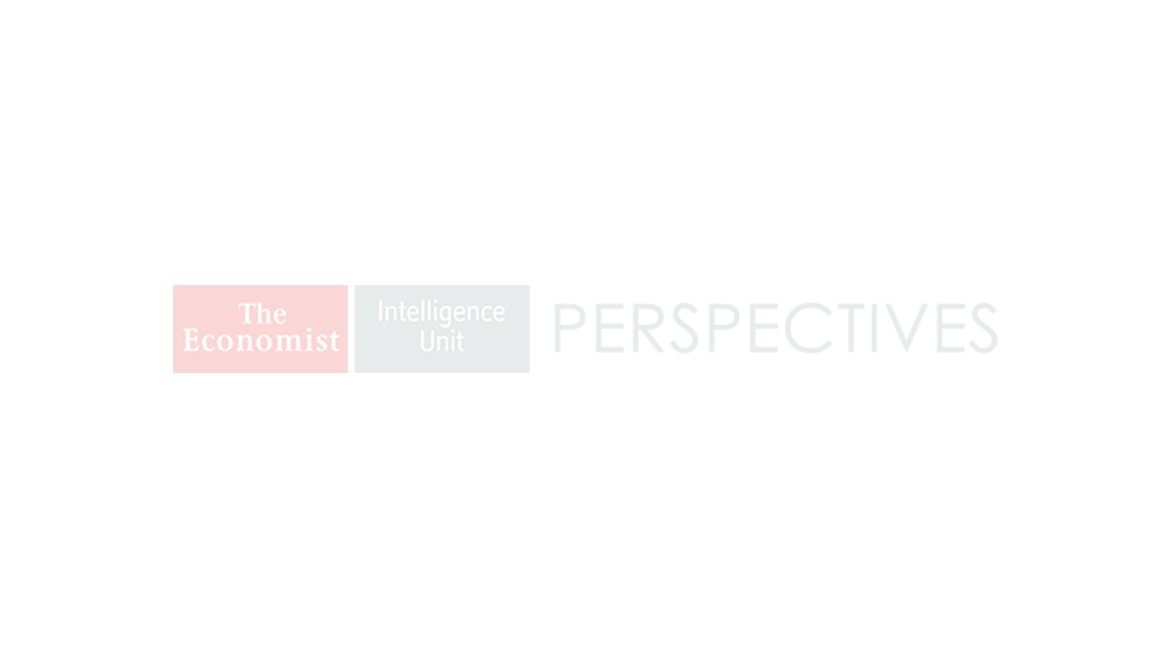Chile is a lower-income country that handily outperforms its peers in this Index. It ranks 20th in the Index overall, while others with a similar level of per capita income are firmly in the bottom one-third of the rankings. This comes as a result of concerted efforts by the Chilean government to improve access. Preschool provision has improved dramatically in recent years: between 2006 and 2009, the number of preschools increased from 781 to 4,300. About 85% of four-year olds, and 90% of five-year olds, now attend a preschool of some kind.
There is a mix of both private and public provision. The two principal public ECE providers are JUNJI (the National Board of Education) and the Integra Foundation. Both offer nursery and preschools for children from the ages of three months to four years, and between them they account for about 50% of preschool places in Chile. Preschool provision at Integra and JUNJI is free. There is no national curriculum, but there are national guidelines. In comparison with many countries, there is a lot of curricular alignment in public programmes, says Alejandra Cortazar, a researcher in early childhood development at the University of Chile. Although the government sees preschool as a key driver of social mobility, Dr. Cortazar argues that government has so far focused on provision rather than on quality: “They talk about the importance of early childhood, but they are reluctant to put all the money required to achieve high quality. Everyone wants to help young children and everyone talks about brain development, but the problem is that it is still difficult to make society realise that early childhood education entails much more than opening early childhood slots.”
The difficulties, Dr. Cortazar says, lie in the lack of quality standards and regulations as well as suitable training for preschool teachers. Chile maintains a low bar for entry to preschool teacher training. Teachers in the public programs have only a two-year degree. A project financed by the Inter-American Development Bank aims to help improve teachers’ skills, but progress is limited so far. All this drags the country down in the Index: in the crucial Quality category, it is ranked 29th overall, its weakest score overall.




